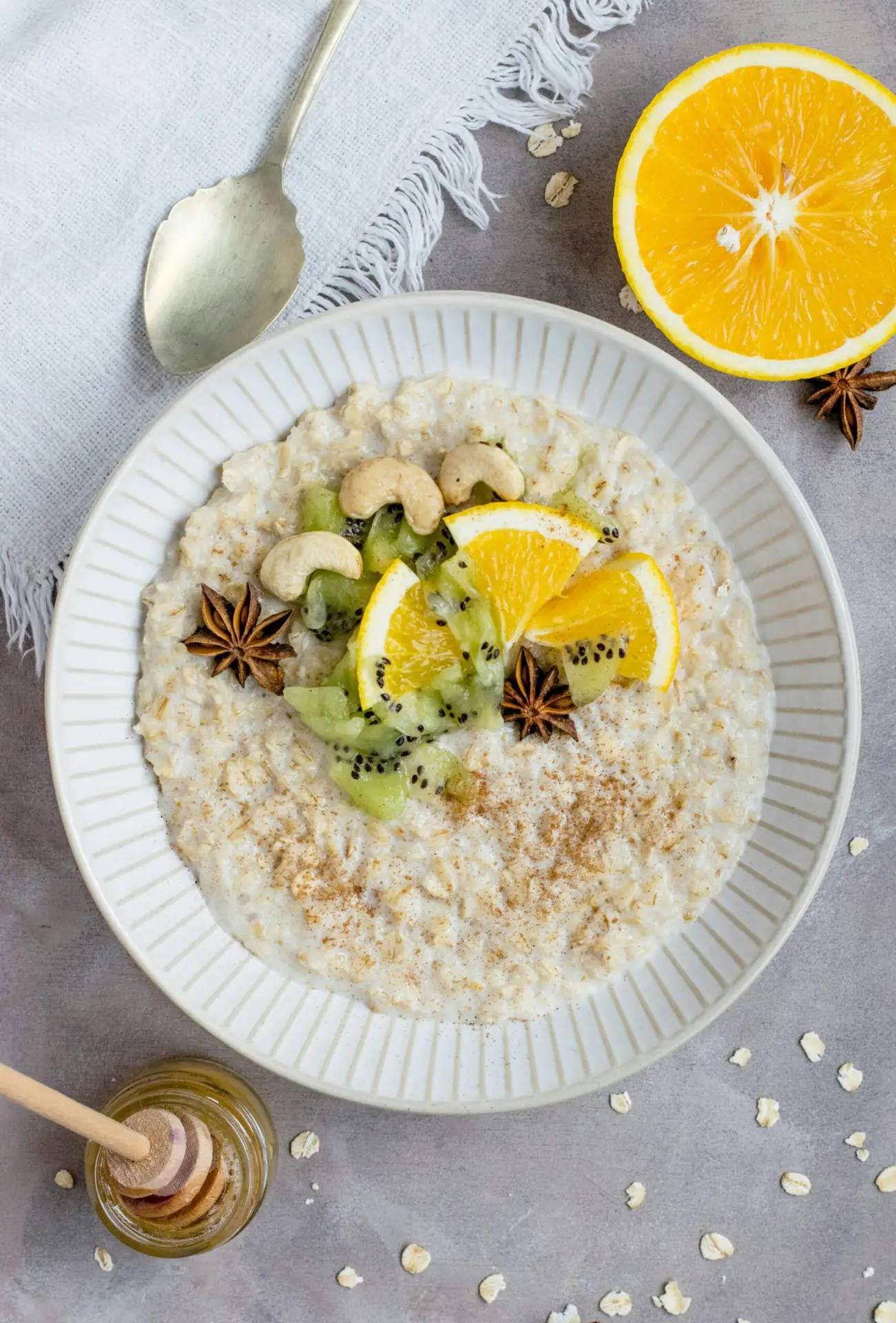After more than a decade of working with clients ranging from complete beginners to competitive athletes, I’ve witnessed firsthand how nutrition can make or break muscle-building progress. My academic background in Sport and Exercise Science provided me with the theoretical foundation, but it’s been my years in the trenches as a personal trainer that have truly taught me what works in the real world.
Early in my career, I made the same mistakes many trainers make, I focused almost exclusively on training programs while treating nutrition as an afterthought. It wasn’t until I started tracking my clients’ results more meticulously that I realised the profound impact that proper nutrition has on muscle-building outcomes. The clients who followed structured nutrition plans consistently outperformed those who only focused on their workouts, regardless of how perfectly designed their training programs were.
Through my Sport and Exercise Science studies, I learned about muscle protein synthesis, the mTOR pathway, and leucine thresholds. But it was through working with hundreds of clients that I discovered how to translate this scientific knowledge into practical, sustainable eating strategies that real people can follow long-term. This article represents the culmination of both my academic understanding and practical experience in helping people build muscle through strategic nutrition
What I’ve learned is that muscle-building nutrition isn’t about following the latest fad diet or supplement protocol. It’s about understanding the fundamental physiological processes that drive muscle growth and then creating sustainable eating patterns that support these processes consistently over time. The clients who achieve the best results are those who embrace whole foods as the foundation of their nutrition plan while understanding the science behind why certain foods and timing strategies work better than others.
In my experience, the most successful muscle-building transformations happen when clients understand not just what to eat, but why they’re eating it. This knowledge empowers them to make informed decisions when faced with different food choices and helps them maintain their progress even when life gets complicated. That’s what I aim to provide in this comprehensive guide – the scientific foundation combined with practical strategies that I’ve refined through years of helping clients achieve their muscle-building goals.
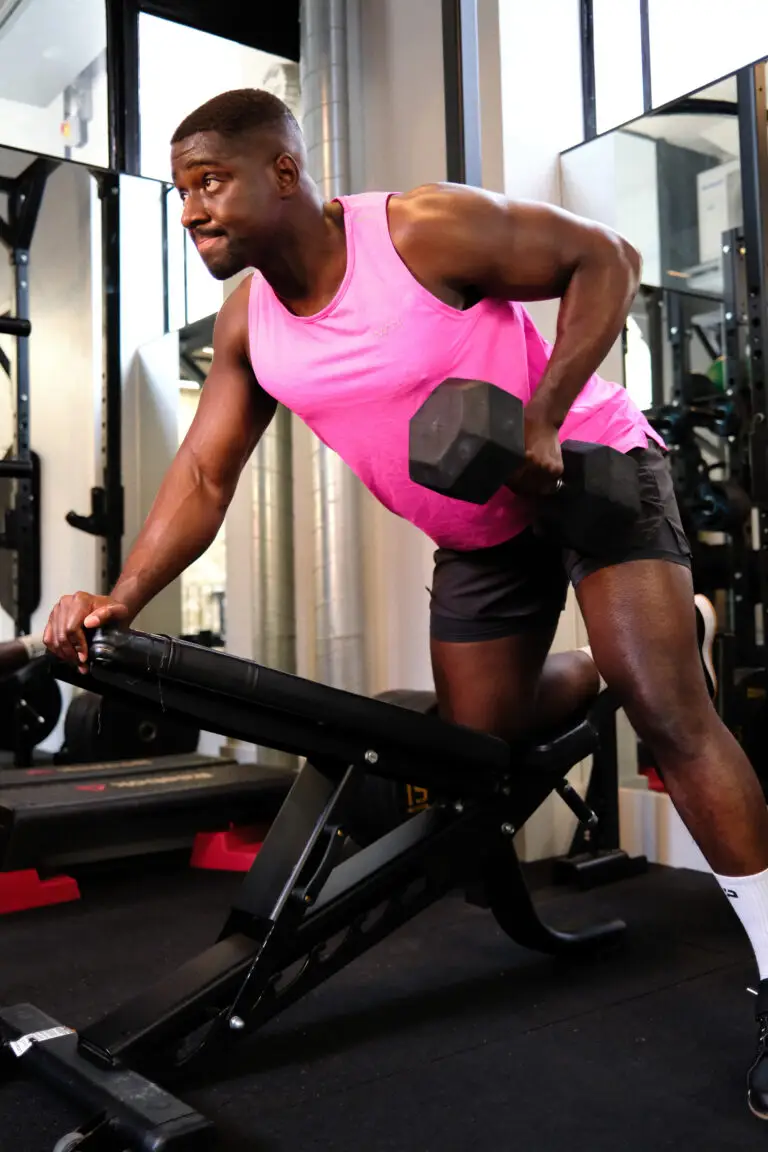
Macronutrient Requirements for Muscle Building
When I first started as a personal trainer, I used to tell clients to aim for the standard recommendation of 0.8 grams of protein per kilogram of body weight. I quickly learned this was nowhere near enough for anyone serious about building muscle. Through tracking my clients’ progress and staying current with research, I now recommend 1.6 to 2.2 grams per kilogram of body weight for muscle building, and I’ve seen this make a dramatic difference in results [1].
One of my most memorable client transformations involved Sarah, a 35-year-old office worker who had been struggling to build muscle despite consistent training. When we analysed her food diary, she was consuming barely 60 grams of protein daily – less than half of what she needed. Within six weeks of increasing her protein intake to 120 grams daily (1.8g/kg for her body weight), she started seeing noticeable muscle definition and strength gains that had eluded her for months.
What my Sport and Exercise Science background taught me, and what I’ve confirmed through client work, is that muscle protein synthesis operates on a threshold system. You need to consume enough leucine, approximately 2.5-3.0 grams per meal, to trigger maximal muscle protein synthesis [2]. This is why I always emphasise protein quality, not just quantity, with my clients. A chicken breast provides this leucine threshold easily, but you’d need nearly double the amount of most plant proteins to achieve the same effect.
I’ve also learned that protein timing matters more than many people realise. The clients who distribute their protein intake across 4-6 meals throughout the day consistently show better muscle-building results than those who consume the same total amount in just 2-3 meals. This isn’t just theory, I’ve tracked this pattern across hundreds of clients over the years
During cutting phases, when clients are in a caloric deficit, I increase protein recommendations to 2.3-3.1 grams per kilogram of body weight. I learned this lesson the hard way early in my career when several clients lost significant muscle mass during their cutting phases because I hadn’t adjusted their protein intake upward to compensate for the increased protein requirements during energy restriction.
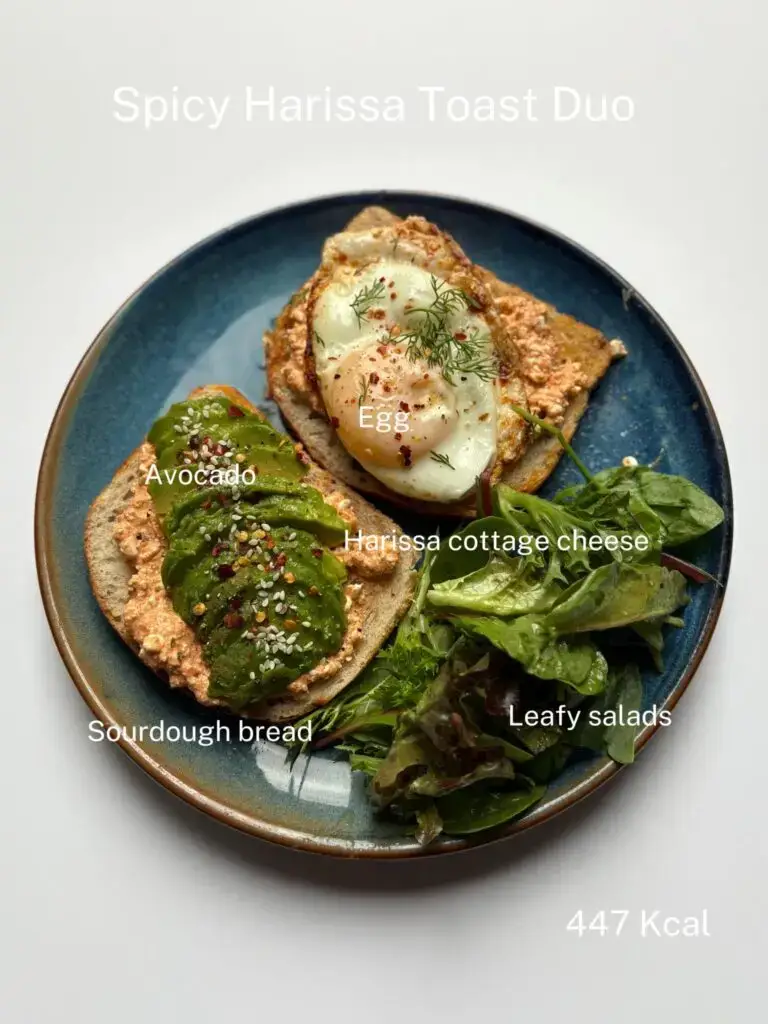
Macronutrient Requirements for Muscle Building
Protein: The Building Block That Changed Everything
When I first started as a personal trainer, I used to tell clients to aim for the standard recommendation of 0.8 grams of protein per kilogram of body weight. I quickly learned this was nowhere near enough for anyone serious about building muscle. Through tracking my clients’ progress and staying current with research, I now recommend 1.6 to 2.2 grams per kilogram of body weight for muscle building, and I’ve seen this make a dramatic difference in results [1].
One of my most memorable client transformations involved Lucy, a 35-year-old office worker who had been struggling to build muscle despite consistent training. When we analysed her food diary, she was consuming barely 60 grams of protein daily – less than half of what she needed. Within six weeks of increasing her protein intake to 120 grams daily (1.8g/kg for her body weight), she started seeing noticeable muscle definition and strength gains that had eluded her for months.
What my Sport and Exercise Science background taught me, and what I’ve confirmed through client work, is that muscle protein synthesis operates on a threshold system. You need to consume enough leucine, approximately 2.5-3.0 grams per meal, to trigger maximal muscle protein synthesis [2]. This is why I always emphasise protein quality, not just quantity, with my clients. A chicken breast provides this leucine threshold easily, but you’d need nearly double the amount of most plant proteins to achieve the same effect.
I’ve also learned that protein timing matters more than many people realise. The clients who distribute their protein intake across 4-6 meals throughout the day consistently show better muscle-building results than those who consume the same total amount in just 2-3 meals. This isn’t just theory – I’ve tracked this pattern across hundreds of clients over the years.
During cutting phases, when clients are in a caloric deficit, I increase protein recommendations to 2.3-3.1 grams per kilogram of body weight. I learned this lesson the hard way early in my career when several clients lost significant muscle mass during their cutting phases because I hadn’t adjusted their protein intake upward to compensate for the increased protein requirements during energy restriction.
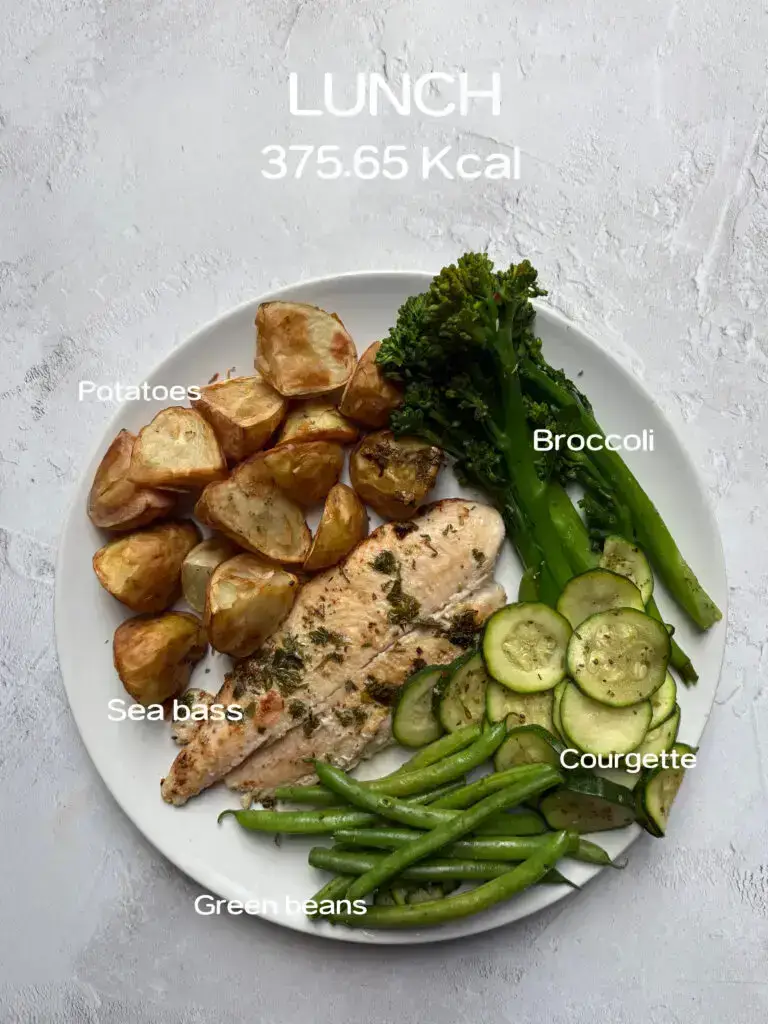
Carbohydrates: The Fuel That Powers Performance
My understanding of carbohydrates has evolved significantly since my early training days. Initially, I was influenced by the low-carb trends and often had clients minimise carbohydrate intake. What I discovered through both research and practical experience is that carbohydrates play crucial roles beyond just providing energy for workouts.
Through my Sport and Exercise Science studies, I learned about the protein-sparing effect of carbohydrates. When clients consume adequate carbohydrates, their bodies don’t need to break down muscle protein for glucose production during training. This was a game-changer for my approach to nutrition planning. I now ensure clients consume 3-7 grams of carbohydrates per kilogram of body weight daily, depending on their training volume and intensity.
One of the most important lessons I’ve learned is that insulin’s role in muscle building is more nuanced than the simple “anabolic hormone” narrative suggests. While insulin does have anti-catabolic properties, its primary benefit for muscle building comes from its effects on amino acid uptake and its permissive role in mTOR signalling rather than directly stimulating muscle protein synthesis.
I’ve found that timing carbohydrate intake around training sessions makes a significant difference in both performance and recovery. Clients who consume 30-60 grams of carbohydrates 1-3 hours before training consistently report better workout quality and less fatigue. Post-workout, I recommend 1.0-1.2 grams of carbohydrates per kilogram of body weight within two hours of training to optimise glycogen replenishment.
The glycemic index concept has proven valuable in my practical work with clients. Higher glycemic index carbohydrates immediately post-workout help with rapid glycogen replenishment, while lower glycemic index options throughout the day provide sustained energy and better appetite control. This isn’t just theoretical – I’ve seen clients improve their energy levels and body composition by making these strategic carbohydrate choices.
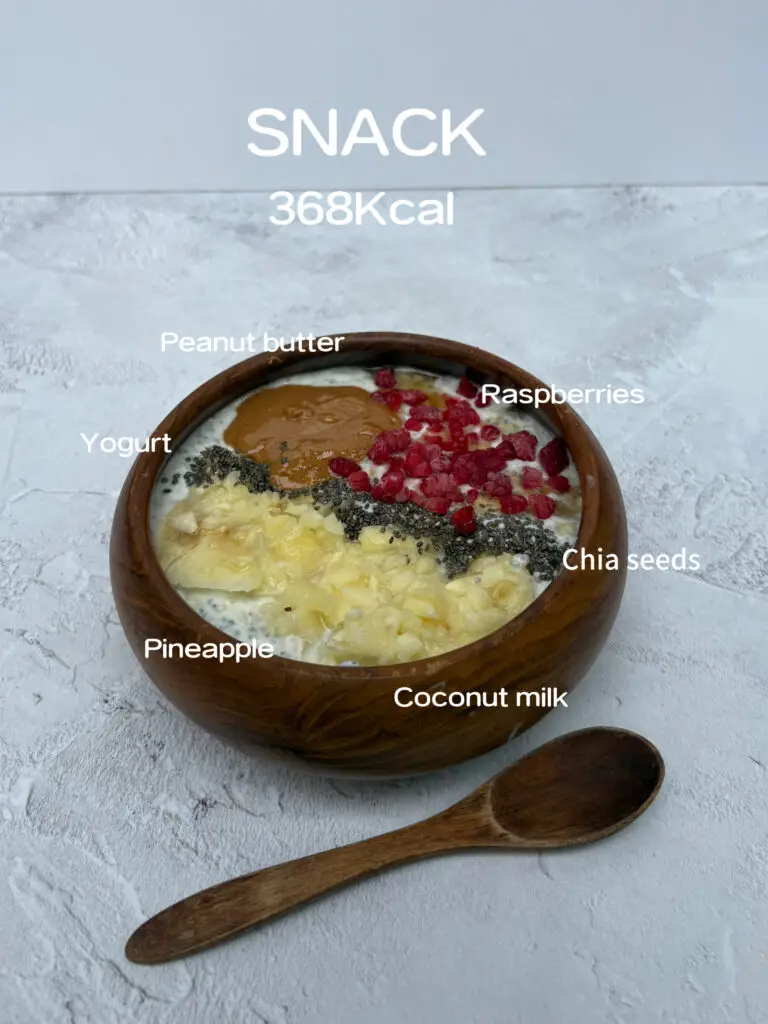
Fats: The Hormone Optimiser I Initially Undervalued
Early in my career, I made the mistake of having clients minimise fat intake to maximise calories available for protein and carbohydrates. This approach backfired when several male clients experienced declining testosterone levels and reduced training motivation. My Sport and Exercise Science background helped me understand that dietary fat intake below 20% of total calories consistently impairs testosterone production, which directly impacts muscle-building capacity.
I now ensure clients consume 20-35% of their total calories from fat, with emphasis on unsaturated fats from whole food sources. The omega-3 fatty acids from fatty fish have proven particularly valuable for my clients. Those who regularly consume fish or supplement with EPA and DHA consistently report better recovery between training sessions and less exercise-induced muscle soreness.
Through working with clients over the years, I’ve learned that the timing of fat intake requires careful consideration. High-fat meals within 2-3 hours of training can cause digestive discomfort and impair performance. I typically recommend clients consume their higher-fat meals earlier in the day or several hours after a workout to avoid these issues.
The anti-inflammatory properties of omega-3 fatty acids have proven particularly beneficial for my older clients and those training at high volumes. I’ve observed that clients who maintain adequate omega-3 intake through fatty fish consumption or supplementation recover more quickly between sessions and report less joint discomfort during intense training phases.
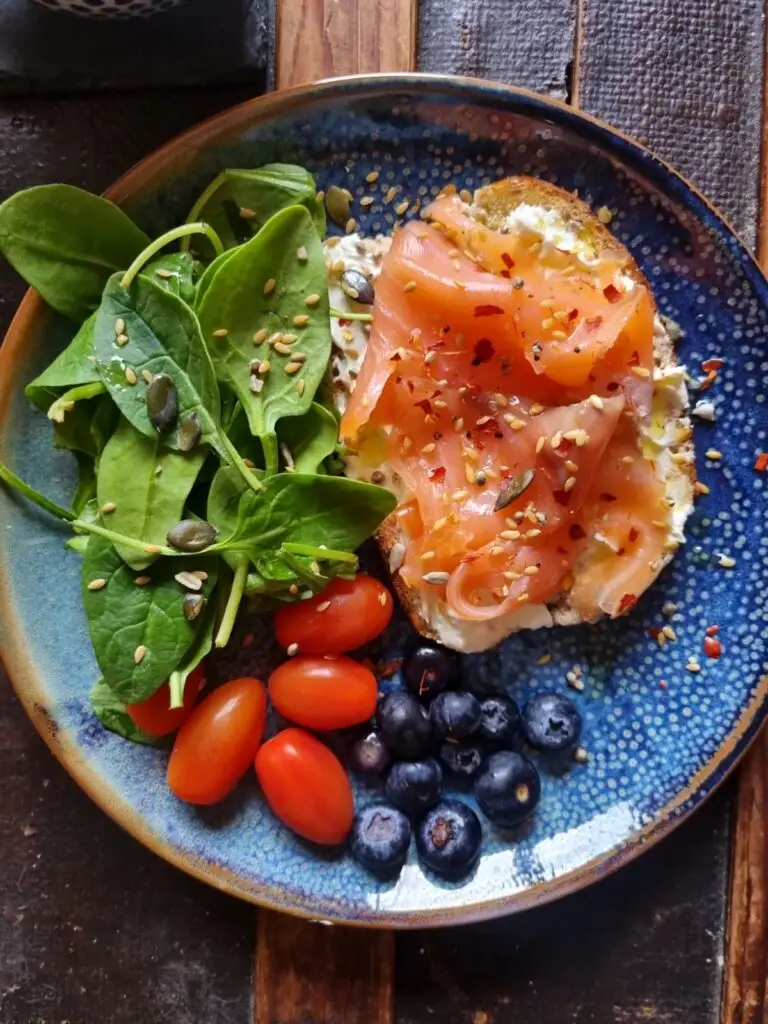
Energy Balance: The Foundation That Determines Success
Perhaps the most important lesson from my decade of training clients is that energy balance ultimately determines whether muscle building occurs. A modest caloric surplus of 200-500 calories above maintenance provides the energy necessary for muscle protein synthesis while minimising excessive fat gain. I’ve learned to be conservative with surplus recommendations because clients who gain weight too quickly invariably accumulate disproportionate amounts of fat.
Through tracking hundreds of client transformations, I’ve found that a weight gain rate of 0.25-0.5 pounds per week optimises the muscle-to-fat gain ratio for most individuals. Beginners can sometimes sustain slightly higher rates, but experienced trainees need to be more conservative to avoid excessive fat accumulation.
One of the most valuable skills I’ve developed is helping clients accurately estimate their maintenance calories and adjust intake based on progress. This requires ongoing monitoring and adjustment rather than relying on generic calculators. Every client responds differently, and successful muscle-building nutrition requires individualisation based on their specific metabolic response.
Best Protein Foods for Muscle Building
Lean Meats and Poultry: The Reliable Muscle Builders
In my experience working with clients, chicken breast remains the most versatile and effective protein source for muscle building. With 31 grams of protein per 100 grams and an excellent amino acid profile, it’s been a staple in virtually every successful muscle-building plan I’ve designed. What I particularly appreciate about chicken breast is its neutral flavour profile, which allows clients to prepare it in countless ways without getting bored.
I’ve found that clients who struggle with protein intake often improve dramatically when I help them master different chicken preparation methods. Marinating, slow cooking, and proper seasoning transform this lean protein from bland to delicious. One client, Marcus, went from dreading his protein intake to actually looking forward to meals once we developed his chicken cooking skills.
Lean beef cuts have proven invaluable for clients who need to increase their overall caloric intake while building muscle. The additional creatine content in beef – approximately 0.5 grams per 100 grams – provides a natural performance boost that I’ve observed in clients who regularly include beef in their diets. The iron content is particularly beneficial for my female clients, many of whom struggle with iron deficiency that can impair training performance.
Turkey breast offers similar benefits to chicken but with slightly different micronutrient profiles. I often recommend it to clients who want variety in their protein sources. The selenium content in turkey supports antioxidant function, which becomes important during intense training phases when oxidative stress increases.
Through my years of experience, I’ve learned that protein preparation and variety are crucial for long-term adherence. Clients who rely on a single protein source inevitably experience diet fatigue and compliance issues. I always work with clients to develop a rotation of 3-4 different lean protein sources they enjoy preparing and eating.
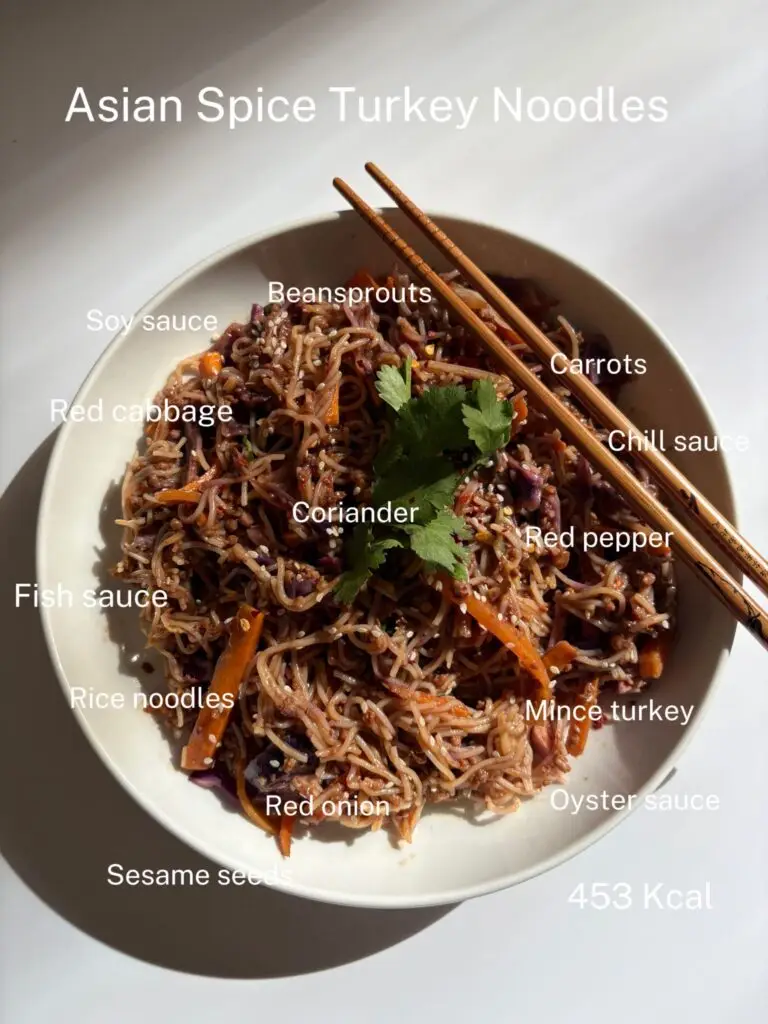
Fish and Seafood: The Recovery Enhancers
Fatty fish have become one of my most recommended protein sources, not just for their complete amino acid profiles but for their omega-3 content. I’ve consistently observed that clients who consume fatty fish 2-3 times per week report better recovery between training sessions and less exercise-induced inflammation.
Salmon has proven exceptional for muscle building. A 150-gram serving provides approximately 35 grams of high-quality protein along with 1.5-2.0 grams of combined EPA and DHA. I’ve tracked several clients who increased their salmon intake and saw improvements in both muscle-building progress and overall well-being within weeks.
White fish varieties like cod and halibut offer extremely lean protein options that work well for clients who need to maximise protein intake while controlling calories. These fish typically provide 20-25 grams of protein per 100 grams with minimal fat, making them ideal for flexible meal planning around specific macronutrient targets.
I’ve found shellfish particularly valuable for clients who need convenient, quick-cooking protein sources. Shrimp cook in minutes and provide excellent protein quality along with unique micronutrients like selenium and phosphorus. Many of my busy professional clients have found success incorporating shrimp into quick stir-fries and salads.
One lesson I’ve learned is that many clients initially resist fish due to preparation concerns or taste preferences. I spend time teaching basic fish cooking techniques and helping clients find preparation methods they enjoy. Once they overcome these initial barriers, fish often become one of their preferred protein sources.
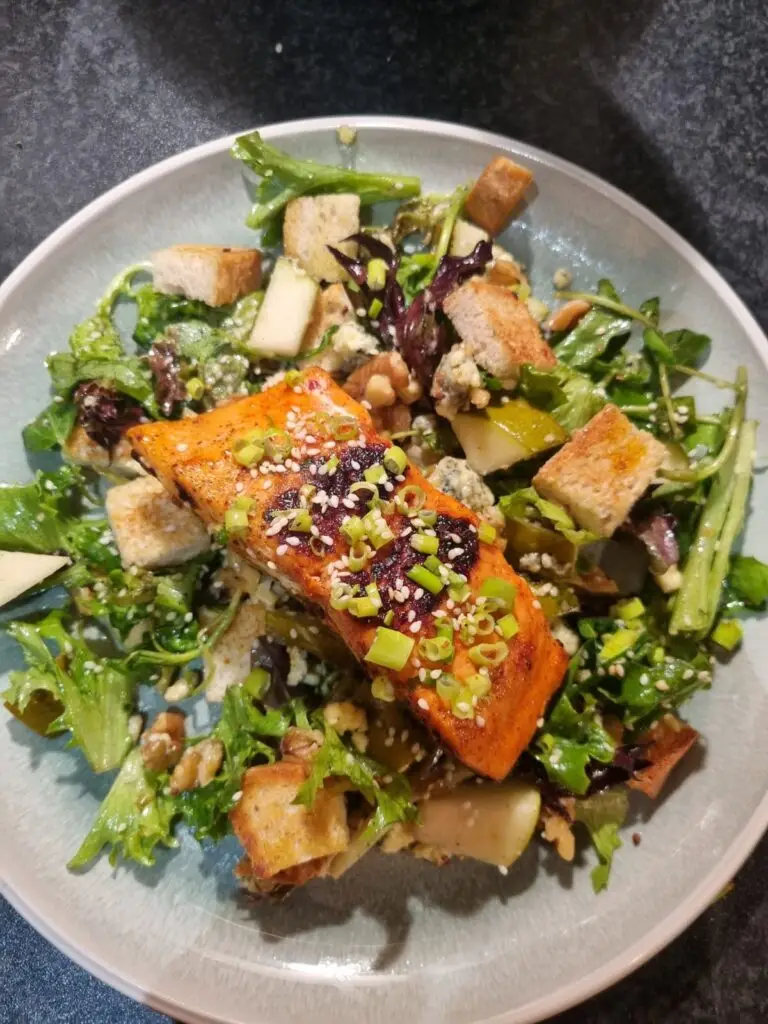
Dairy Products and Eggs: The Convenient Complete Proteins
Eggs have been a cornerstone of muscle-building nutrition throughout my career, and for good reason. With a biological value of 100 and a perfect amino acid score, eggs provide the gold standard for protein quality. What I particularly value about eggs is their versatility – they can be prepared countless ways and incorporated into meals throughout the day.
I’ve found that whole eggs provide benefits beyond just their protein content. The choline supports brain function and cellular health, while the natural vitamin D content (though modest) contributes to overall nutrient intake. Many clients initially want to use only egg whites to reduce calories, but I typically recommend whole eggs for their superior satiety and nutrient density.
Greek yoghurt has become increasingly important in my nutrition recommendations, particularly for clients who struggle with protein intake. A single serving can provide 15-20 grams of high-quality protein along with probiotics that support digestive health. I’ve observed that clients who regularly consume Greek yogurt often report better digestion and fewer gastrointestinal issues.
The combination of whey and casein proteins in Greek yogurt provides both rapid and sustained amino acid release, making it excellent for various timing strategies. I often recommend it as a post-workout option or as part of evening meals to support overnight muscle protein synthesis.
Cottage cheese has proven particularly valuable for my clients who train in the evening. The predominantly casein protein provides sustained amino acid release throughout the night, supporting muscle protein synthesis during sleep. A cup of low-fat cottage cheese delivers 25-28 grams of protein with minimal carbohydrates, making it ideal for flexible meal planning.
Milk, particularly low-fat varieties, offers the optimal 3:1 ratio of casein to whey protein that research has shown to maximise muscle protein synthesis responses. I often recommend chocolate milk as a post-workout recovery drink, as it provides this ideal protein ratio along with carbohydrates for glycogen replenishment.
Plant-Based Proteins: Strategic Combinations for Complete Nutrition
Working with vegetarian and vegan clients has taught me valuable lessons about plant-based protein strategies. While individual plant proteins often lack optimal amino acid profiles, strategic combinations can provide complete nutrition for muscle building. The key is understanding complementary protein pairing and ensuring adequate total protein intake.
Quinoa stands out among plant proteins as one of the few complete options, providing all essential amino acids in adequate proportions. I regularly recommend it to plant-based clients as both a protein and carbohydrate source. A cup of cooked quinoa provides approximately 8 grams of complete protein along with complex carbohydrates and fiber.
Legumes have proven essential for my plant-based clients’ success. While they’re typically low in methionine, combining them with grains, nuts, or seeds creates complete protein profiles. I’ve found that clients who master legume preparation and incorporate them regularly achieve better muscle-building results than those who rely primarily on processed plant protein products.
Soy products, including tofu, tempeh, and edamame, provide complete proteins with amino acid profiles comparable to animal proteins. Despite persistent myths about hormonal effects, the research clearly shows that soy protein supports muscle building as effectively as animal proteins when consumed in adequate amounts [3]. I’ve worked with numerous male clients who consume soy regularly without any adverse effects on testosterone or muscle-building progress.
The biggest challenge I’ve encountered with plant-based clients is achieving adequate protein intake without excessive caloric consumption. Plant proteins typically come packaged with carbohydrates and fats, making it more difficult to hit specific macronutrient targets. This requires more careful meal planning and often necessitates some plant-based protein supplementation to achieve optimal intake levels.
Through years of working with diverse clients, I’ve learned that protein source preferences are highly individual. Some clients thrive on animal-based proteins, while others prefer plant-based options. The key is finding high-quality sources that clients enjoy and can prepare consistently, regardless of whether they’re animal or plant-based.

Carbohydrate Foods for Training Performance
Complex Carbohydrates: The Sustained Energy Sources I Swear By
Oats have become my go-to recommendation for pre-training carbohydrates, and for good reason. The beta-glucan fiber provides sustained energy release without the blood sugar spikes that can lead to energy crashes mid-workout. I’ve had countless clients report improved training consistency and energy levels after incorporating oats into their pre-workout meals.
One client, Jennifer, struggled with energy crashes during her evening training sessions. After switching from quick breakfast cereals to steel-cut oats in the morning, she reported sustained energy throughout the day and significantly better workout performance. This pattern has repeated with dozens of clients over the years.
Sweet potatoes have proven invaluable for my clients who train intensely. The complex carbohydrates provide sustained energy, while the beta-carotene supports immune function during heavy training phases. I particularly recommend them for post-workout meals, as they provide steady glucose for glycogen replenishment without causing digestive distress.
Through my experience, I’ve learned that carbohydrate tolerance varies significantly between individuals. Some clients thrive on higher carbohydrate intakes, while others perform better with moderate amounts. This is where my role as a trainer becomes crucial – helping each client find their optimal carbohydrate intake through careful monitoring and adjustment.
Brown rice has been a staple recommendation throughout my career due to its versatility and digestibility. The B vitamins support energy metabolism, which becomes particularly important during intense training phases. I often recommend it to clients who experience digestive issues with other grains, as it’s generally well-tolerated.
Quinoa serves double duty in my nutrition plans, providing both complex carbohydrates and complete protein. This makes it particularly valuable for plant-based clients or those who struggle to meet protein targets. The magnesium content supports muscle function and energy production, benefits I’ve observed in clients who regularly include quinoa in their diets.
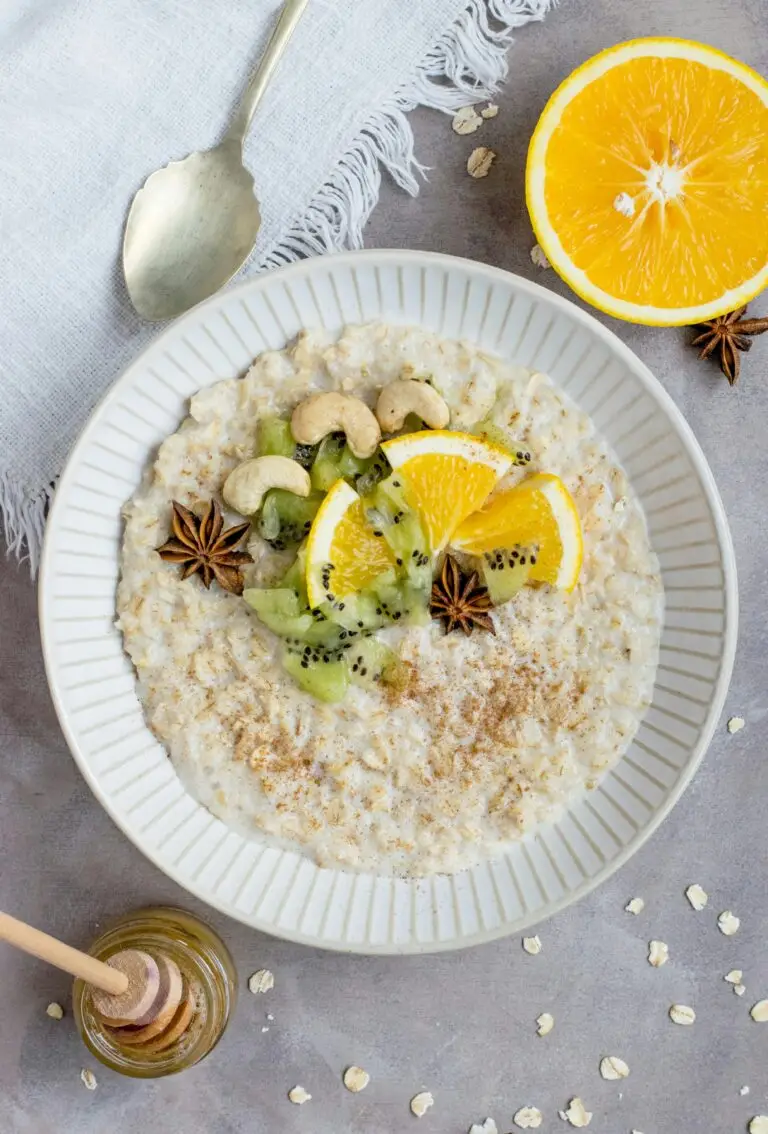
Simple Carbohydrates: Strategic Timing for Performance
Bananas have been my most recommended pre-workout carbohydrate for over a decade. The combination of natural sugars provides immediate energy, while the potassium supports muscle function and prevents cramping. I’ve seen countless clients improve their workout quality simply by eating a banana 30-45 minutes before training.
The convenience factor of bananas cannot be overstated. Many of my busy clients struggle with pre-workout nutrition timing, but bananas require no preparation and are easily portable. This practical advantage often makes the difference between consistent pre-workout fueling and skipping it entirely.
Dates have proven excellent for clients who need concentrated carbohydrate energy in small volumes. Each date provides approximately 20 grams of carbohydrates with minimal bulk, making them ideal for pre-workout energy when larger meals aren’t practical. I particularly recommend them for early morning trainers who struggle with appetite upon waking.
White rice has earned a place in my post-workout recommendations despite its reputation as a “less healthy” option compared to brown rice. The rapid digestibility and minimal fibre content make it ideal for post-training glycogen replenishment when quick carbohydrate absorption is prioritised over sustained energy release.
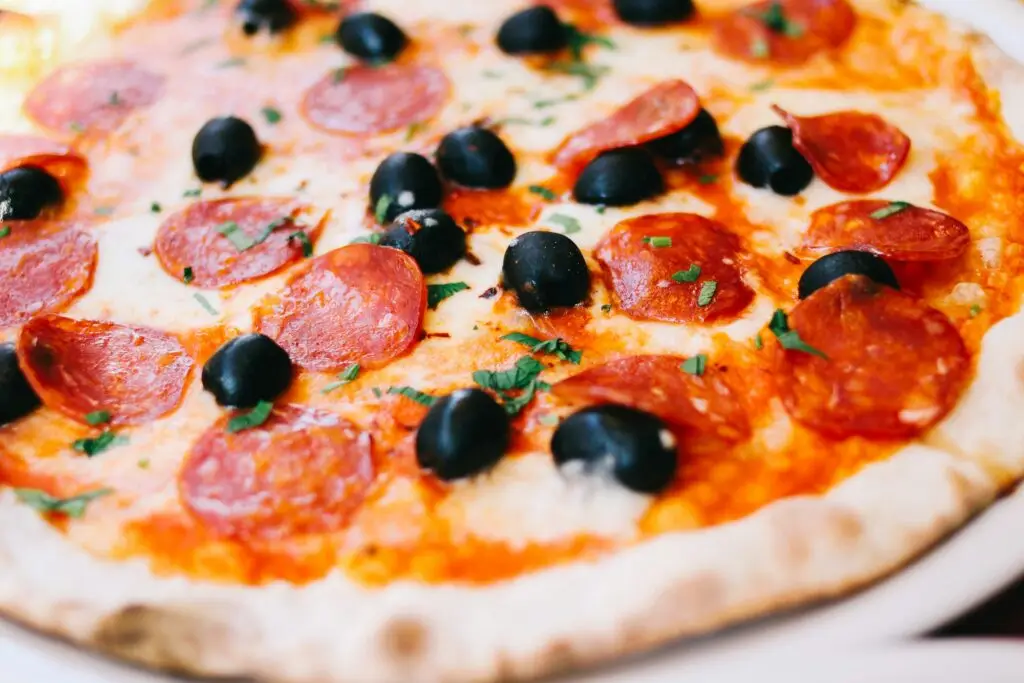
Timing Strategies That Work in Real Life
Through years of working with clients across different schedules and lifestyles, I’ve developed practical carbohydrate timing strategies that actually work in real-world situations. The key is flexibility while maintaining the core principles of providing adequate energy for training and supporting recovery afterwards.
For clients training in the morning, I recommend consuming 30-50 grams of easily digestible carbohydrates upon waking, followed by a more substantial meal 1-2 hours post-workout. This approach provides immediate energy for training while supporting recovery and the rest of the day’s activities.
Evening trainers face different challenges, as large pre-workout meals can interfere with sleep if consumed too late. I typically recommend a moderate carbohydrate snack 1-2 hours before training, followed by a balanced post-workout meal that includes both carbohydrates and protein for recovery.
The most successful clients are those who develop consistent routines around their training schedule. This isn’t about perfect timing down to the minute – it’s about creating sustainable patterns that support both performance and recovery while fitting into their lifestyle.

Healthy Fats for Muscle Building
Essential Fatty Acids: The Recovery Enhancers
My understanding of omega-3 fatty acids has evolved dramatically since my early training days. Initially, I viewed fats primarily as a calorie source to be minimised. Now, I recognise omega-3s as crucial for muscle building through their anti-inflammatory effects and support for hormone production.
Fatty fish consumption has become one of my most consistent recommendations. Clients who consume salmon, mackerel, or sardines 2-3 times per week consistently report better recovery between training sessions. This isn’t just subjective – I’ve tracked this pattern across hundreds of clients and consistently see improved training consistency in those with adequate omega-3 intake.
One of my most dramatic client transformations involved David, a 42-year-old who was struggling with joint pain and slow recovery. After increasing his fatty fish intake and adding a high-quality omega-3 supplement, he reported significant improvements in both recovery and joint comfort within six weeks. His training consistency improved dramatically, leading to better muscle-building results.
The anti-inflammatory properties of EPA and DHA become particularly important for clients training at high volumes or intensities. I’ve observed that clients with adequate omega-3 status handle high training loads better and experience less exercise-induced muscle soreness.
Nuts, Seeds, and Oils: The Practical Fat Sources
Almonds have become one of my most recommended snack options for muscle-building clients. The combination of healthy fats, protein, and vitamin E provides sustained energy while supporting recovery from exercise-induced oxidative stress. A one-ounce serving provides approximately 6 grams of protein and 14 grams of healthy fats, making it an efficient nutrient-dense snack.
I’ve found that clients who keep almonds readily available are more likely to maintain consistent nutrition between meals. The convenience factor is crucial for adherence – having healthy options easily accessible prevents poor food choices when hunger strikes.
Walnuts offer one of the highest plant-based sources of omega-3 fatty acids, making them particularly valuable for clients who don’t consume fish regularly. While the conversion of ALA to EPA and DHA is limited, regular walnut consumption contributes to overall omega-3 status when combined with other sources.
Extra virgin olive oil has been a consistent recommendation throughout my career, both for its monounsaturated fat content and its versatility in meal preparation. The polyphenol compounds provide antioxidant benefits that support recovery, while the healthy fats support hormone production.
Avocados provide an excellent combination of monounsaturated fats, fiber, and potassium. I particularly recommend them to clients who struggle with satiety, as the fibre and healthy fat content promote fullness and help with appetite regulation. Many clients find that including avocado in meals helps them feel satisfied longer and reduces between-meal cravings
Balancing Fat Intake: Lessons from Client Experience
Through working with diverse clients, I’ve learned that fat intake timing requires individual consideration. Some clients handle fats well around training, while others experience digestive discomfort. I typically recommend keeping fat intake moderate in the 2-3 hours surrounding training sessions to optimise digestion and performance.
The 20-35% of total calories from fat recommendation works well for most clients, but individual needs vary based on training goals, body composition, and personal preferences. Clients in cutting phases may need to reduce fat intake to create room for adequate protein and carbohydrates within their caloric constraints.
I’ve found that clients who focus on whole food fat sources rather than added oils and processed foods achieve better body composition results. Nuts, seeds, avocados, and fatty fish provide fats along with other beneficial nutrients, while processed foods often provide fats with minimal nutritional value.
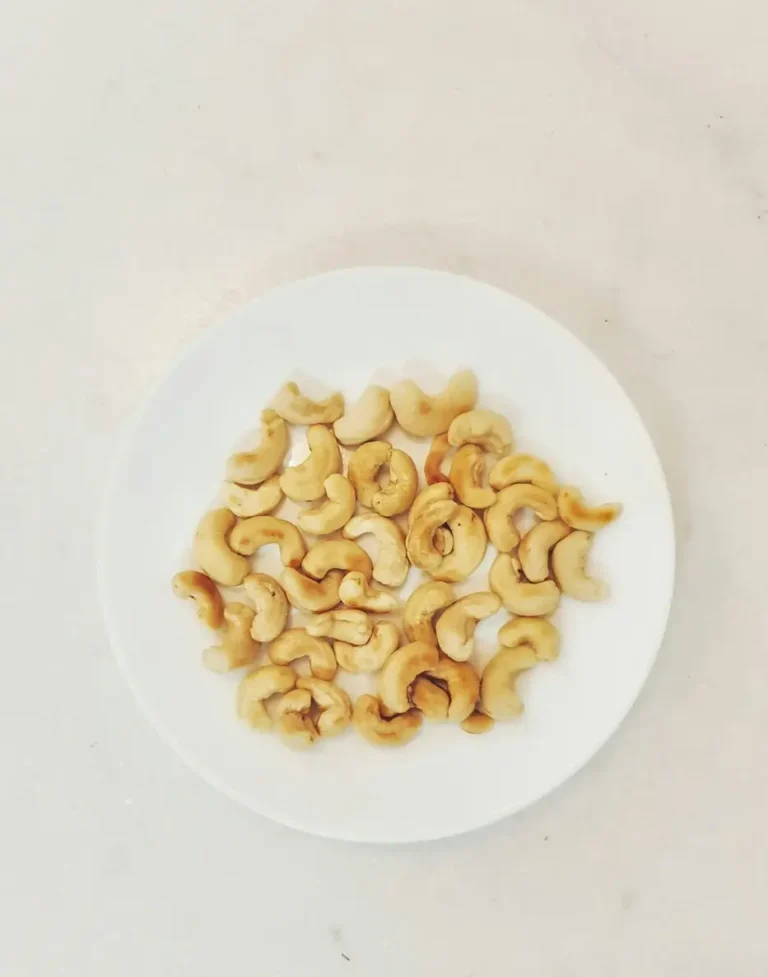
Vitamins: The Metabolic Supporters
Vitamin D deficiency has been one of the most common issues I’ve encountered in my clients, particularly those who work indoors and have limited sun exposure. With a background in Sport and Exercise Science, I understand that vitamin D plays a crucial role in muscle function and testosterone production. I’ve observed that clients who address vitamin D deficiency often experience improvements in training performance and recovery.
Testing vitamin D levels has become a standard recommendation for my clients, as deficiency is so common and the impacts on muscle building are significant. Clients with adequate vitamin D status consistently demonstrate better training adaptations and muscle-building progress.
B-vitamins, particularly B6, B12, and folate, support the metabolic processes essential for muscle building. I’ve found that clients who consume adequate amounts of these vitamins through whole food sources, lean meats, fish, eggs, and leafy greens maintain better energy levels and recover more effectively from training.
Vitamin C’s role in collagen synthesis becomes particularly important for clients engaging in intense resistance training. The connective tissue stress from heavy lifting requires adequate vitamin C for proper repair and adaptation. I regularly recommend vitamin C-rich foods like bell peppers, strawberries, and citrus fruits to support this process.
Minerals: The Foundation Elements
Iron deficiency has been a recurring issue among my female clients, significantly impacting their training capacity and muscle-building progress. Through experience, I’ve learned to recognise the signs of iron deficiency and recommend appropriate testing and dietary interventions. Clients who address iron deficiency typically see dramatic improvements in training energy and endurance.
Heme iron from animal sources demonstrates superior absorption compared to plant-based iron sources. For clients who prefer plant-based options, I recommend combining iron-rich foods with vitamin C sources to enhance absorption. This practical knowledge has helped numerous vegetarian clients optimise their iron status.
Zinc’s role in testosterone production and immune function makes it crucial for muscle building, particularly for male clients. I’ve observed that clients who consume adequate zinc through whole food sources like oysters, red meat, and pumpkin seeds maintain better training consistency and seem to recover more effectively between sessions.
Magnesium deficiency affects muscle function, sleep quality, and energy production – all crucial for muscle-building success. I regularly recommend magnesium-rich foods like dark leafy greens, nuts, and seeds. Clients who address magnesium deficiency often report improved sleep quality and reduced muscle cramping.
Hydration: The Foundation I Never Neglect
Proper hydration supports every aspect of muscle building, from nutrient transport to waste removal and temperature regulation. Through years of training clients, I’ve learned that even mild dehydration can significantly impair training performance and recovery.
I typically recommend that clients consume at least half their body weight in ounces of water daily, with additional intake around training sessions. This isn’t just about preventing dehydration – optimal hydration supports muscle protein synthesis and overall cellular function.
Electrolyte balance becomes particularly important for clients training intensely or in hot conditions. Rather than relying on sports drinks, I prefer recommending electrolytes through whole food sources like fruits, vegetables, and dairy products, which provide electrolytes along with other beneficial nutrients.
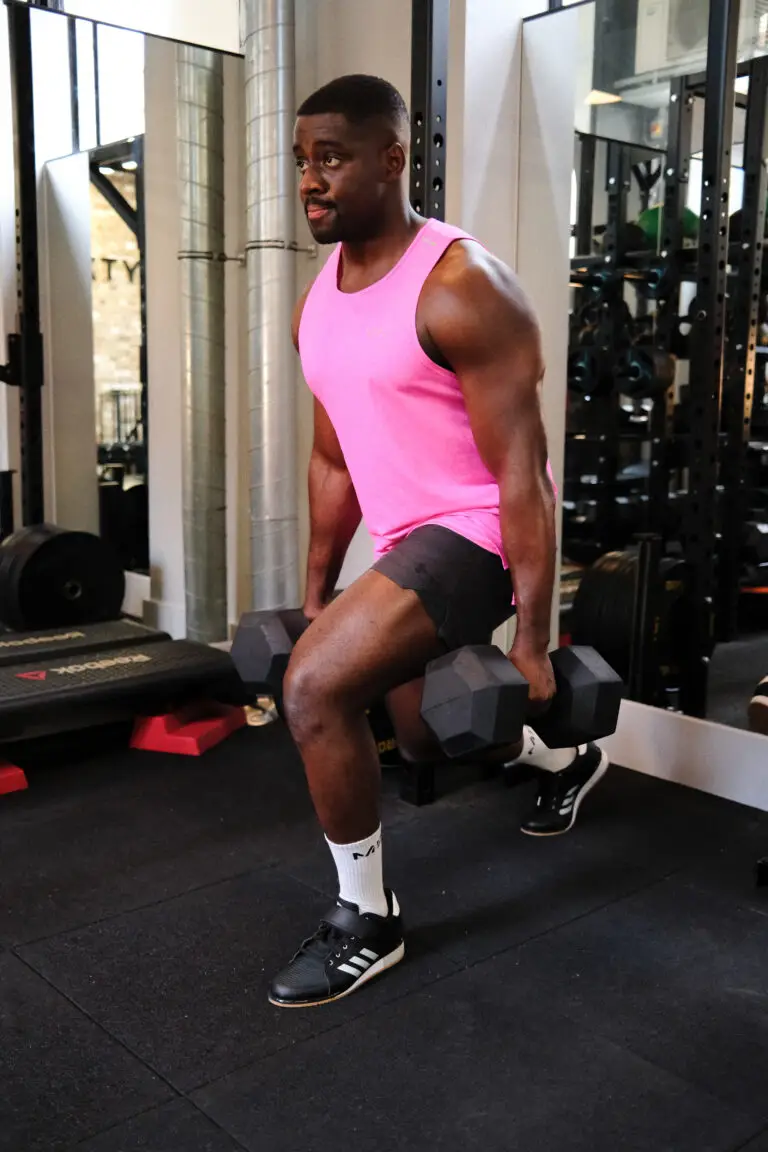
Pre-Workout Nutrition: What I’ve Learned Actually Works
After working with clients across every possible training schedule, I’ve developed practical pre-workout nutrition strategies that work in real-world situations. The key is providing adequate energy without causing digestive distress – something that varies significantly between individuals.
For clients training 2-3 hours after a meal, I recommend balanced meals containing 20-40 grams of protein, 30-60 grams of carbohydrates, and moderate fat. This timing allows for proper digestion while providing sustained energy throughout the workout. One of my most successful client protocols involves oatmeal with Greek yoghurt and berries consumed 2.5 hours before training.
Early morning trainers face unique challenges, as large meals aren’t practical upon waking. I’ve found that consuming 15-25 grams of easily digestible protein with 20-30 grams of simple carbohydrates 30-60 minutes before training provides adequate fuel without digestive issues. A banana with a small protein shake has become my go-to recommendation for these clients.
Caffeine timing has proven crucial for optimising training performance. I recommend consuming caffeine 30-45 minutes before training to align peak blood levels with workout intensity. Natural sources like coffee provide caffeine along with beneficial antioxidants, making them preferable to isolated caffeine supplements for most clients.
Post-Workout Recovery: The Window That Matters
The post-workout period represents the most important nutritional opportunity for muscle building. Through tracking client results, I’ve confirmed that consuming 25-40 grams of high-quality protein within 2 hours post-exercise significantly impacts muscle-building outcomes. The leucine content becomes particularly crucial during this window.
I’ve found that liquid nutrition options work exceptionally well immediately post-workout when solid food tolerance may be reduced. Protein smoothies with fruits and milk provide rapid nutrient delivery and can be customised based on individual macronutrient needs. Many of my clients have achieved excellent results with chocolate milk as a simple post-workout recovery drink.
The carbohydrate component of post-workout nutrition supports glycogen replenishment and enhances the muscle protein synthetic response to protein intake. I typically recommend 30-60 grams of carbohydrates along with protein, with higher amounts for clients training on consecutive days or performing high-volume sessions.
Daily Distribution: Patterns That Promote Success
Through years of tracking client results, I’ve confirmed that distributing protein intake across 4-6 meals throughout the day optimises muscle-building outcomes. Each meal should contain 20-40 grams of high-quality protein to repeatedly stimulate muscle protein synthesis throughout the day.
This distribution pattern maintains elevated amino acid concentrations in the blood, providing sustained substrate availability for muscle-building processes. Clients who follow this pattern consistently outperform those consuming the same total protein in fewer, larger meals.
Carbohydrate distribution should align with activity levels and training schedules. I recommend higher carbohydrate intake around training sessions and during active periods, with lower intake during sedentary times. This approach optimises energy availability when needed while minimising unnecessary fat storage.
Fat intake should be distributed throughout the day while being minimised immediately before and after training sessions. Including healthy fats with meals enhances satiety and supports hormone production, but consuming them away from training can prevent potential digestive issues.
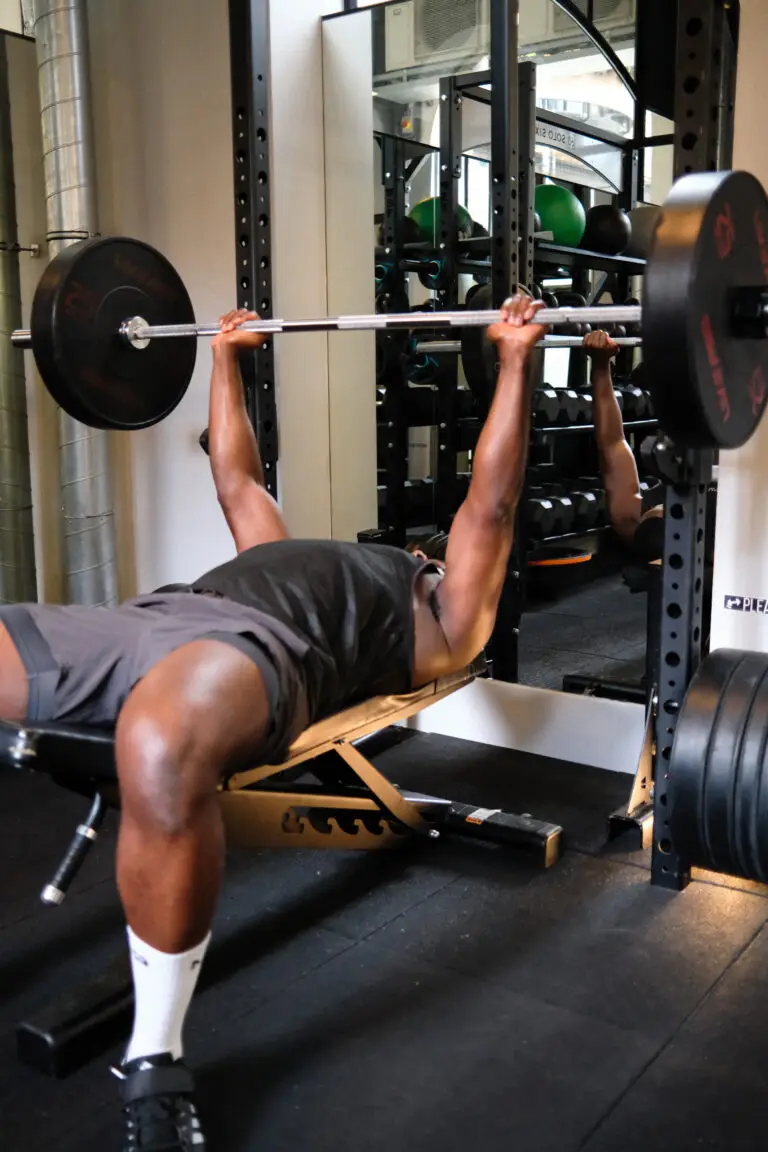
Practical Muscle Building Meal Ideas
High-Protein Breakfast Options That Actually Get Eaten
Greek yoghurt parfait with berries, nuts, and granola has become one of my most recommended breakfast options. It provides 25-30 grams of high-quality protein along with carbohydrates and healthy fats in a format that most clients find appealing and sustainable. The combination of whey and casein proteins provides both rapid and sustained amino acid release.
Vegetable omelettes with whole-grain toast deliver complete protein from eggs along with complex carbohydrates and micronutrients from vegetables. I teach clients to prepare these efficiently by pre-chopping vegetables and using non-stick pans for quick cleanup. Adding cheese increases protein content while improving palatability.
Protein smoothies have proven invaluable for clients who struggle with morning appetite or time constraints. Combining protein powder with banana, berries, spinach, and almond milk creates a nutrient-dense, easily digestible option that can be prepared quickly. Many clients find this approach helps them consistently meet their morning protein targets
Training Day Meals That Fuel Performance
Grilled chicken breast with quinoa and roasted vegetables represents one of my most prescribed muscle-building meals. It provides complete protein, complex carbohydrates, and various micronutrients in balanced proportions. I teach clients efficient preparation methods, including batch cooking and proper seasoning techniques to maintain palatability.
Salmon with sweet potato and steamed broccoli delivers high-quality protein, omega-3 fatty acids, complex carbohydrates, and numerous vitamins and minerals. This combination supports both muscle building and overall health outcomes. Clients who regularly consume this meal pattern consistently report excellent recovery and progress.
Lean beef stir-fry with brown rice and mixed vegetables provides complete protein, complex carbohydrates, and flexibility for ingredient substitutions. I encourage clients to experiment with different vegetables and seasonings to prevent dietary monotony while maintaining nutritional quality.
Snacks That Support Muscle Building Goals
Mixed nuts and dried fruit provide protein, healthy fats, and quick-digesting carbohydrates in a portable format. This combination works well for pre-training energy or post-training recovery when whole meals aren’t practical. I recommend portion control, as nuts are calorie-dense and easy to overconsume.
Cottage cheese with berries delivers casein protein for sustained amino acid release along with antioxidants and natural sugars. This combination works particularly well as an evening snack to support overnight muscle protein synthesis. Many clients initially resist cottage cheese but learn to enjoy it with proper preparation and flavouring.
Apple slices with almond butter provide carbohydrates, protein, and healthy fats in a satisfying combination that supports sustained energy between meals. The fiber content promotes satiety, helping clients avoid less nutritious snack options.
Meal Prep Strategies That Ensure Consistency
Batch cooking has become essential for my clients’ long-term success. Preparing 2-3 days’ worth of proteins, grains, and vegetables at once maintains food quality while providing convenience during busy periods. I teach clients efficient preparation methods and proper storage techniques to maximise food safety and quality.
Protein-rich convenience foods serve as backup options when meal preparation isn’t possible. Canned fish, pre-cooked chicken strips, and hard-boiled eggs can be combined with fresh fruits, vegetables, and whole grains for quick, nutritious meals. Having these options available prevents poor food choices during busy periods.
Frozen vegetables and fruits provide year-round access to nutrient-dense foods while offering convenience and extended shelf life. These options often retain similar nutritional value to fresh alternatives while reducing food waste and preparation time. I regularly recommend them to clients who struggle with consistent vegetable intake.
This video is from Instagram, not from 12reps. This is an example of what a muscle food looks like.
After more than a decade of helping clients build muscle, I’m more convinced than ever that whole foods provide the most effective foundation for sustainable muscle-building nutrition. While supplements grab attention and promise quick fixes, the complex matrix of nutrients found in whole foods creates synergistic effects that isolated supplements simply cannot replicate.
The clients who achieve the most impressive and lasting transformations are those who embrace whole foods as their primary nutrition strategy. They understand that muscle building occurs within the context of overall health and that optimal nutrition must support not just muscle protein synthesis, but also training performance, recovery, hormone production, and long-term well-being.
My Sport and Exercise Science background provided me with the theoretical framework, but my years of practical experience have taught me how to translate this knowledge into sustainable eating strategies. The most successful clients are those who develop consistent habits around whole food consumption while understanding the science behind their choices.
The integration of high-quality protein sources, strategically timed carbohydrate intake, and appropriate fat consumption creates a nutritional environment that supports every aspect of the muscle-building process. This isn’t about following rigid meal plans or obsessing over perfect timing – it’s about creating sustainable patterns that support your goals while fitting into your lifestyle.
What I’ve learned through working with hundreds of clients is that muscle-building nutrition success comes down to consistency with sound principles rather than perfection with complex protocols. The clients who make the most progress are those who focus on getting the fundamentals right most of the time, rather than trying to optimise every detail perfectly.
As research continues to refine our understanding of muscle-building nutrition, I’m confident that whole foods will remain the cornerstone of effective strategies. The bioavailability, nutrient density, and satiety provided by whole food sources create an optimal environment for muscle growth that no amount of supplementation can replicate.
My advice to anyone serious about building muscle is to start with the fundamentals: adequate protein from high-quality sources, strategic carbohydrate intake to fuel training and recovery, healthy fats to support hormone production, and a modest caloric surplus to provide energy for growth. Master these basics with whole foods, stay consistent, and the results will follow.
The journey to building significant muscle mass requires patience, consistency, and a long-term perspective. By prioritising whole foods as your nutritional foundation, you’re not just optimising for immediate muscle-building results – you’re establishing healthy eating patterns that will serve you well throughout your entire fitness journey and beyond.
References
[1] Phillips, S. M., & Van Loon, L. J. (2011). Dietary protein for athletes: from requirements to optimum adaptation. Journal of Sports Sciences, 29(S1), S29-S38. https://doi.org/10.1080/02640414.2011.619204
[3] Messina, M. (2016). Soy and health update: evaluation of the clinical and epidemiologic literature. Nutrients, 8(12), 754. https://doi.org/10.3390/nu8120754
[4] Helms, E. R., Aragon, A. A., & Fitschen, P. J. (2014). Evidence-based recommendations for natural bodybuilding contest preparation: nutrition and supplementation. Journal of the International Society of Sports Nutrition, 11(1), 20. https://doi.org/10.1186/1550-2783-11-20

